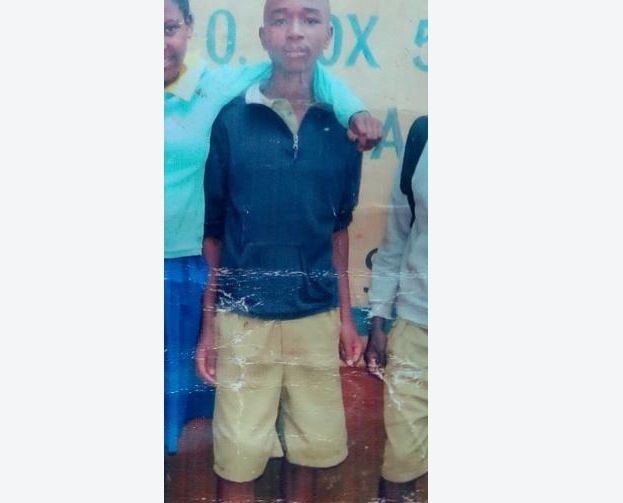×
The Standard e-Paper
Smart Minds Choose Us

A clash between traditionalists and parents on how and when to circumcise boys has left a string of casualties in the Mount Kenya region.
There are also fears that the mandatory rite of passage for boys has been hijacked by criminal gangs that forcibly circumcise boys as young as 10 and use lethal violence on initiates.